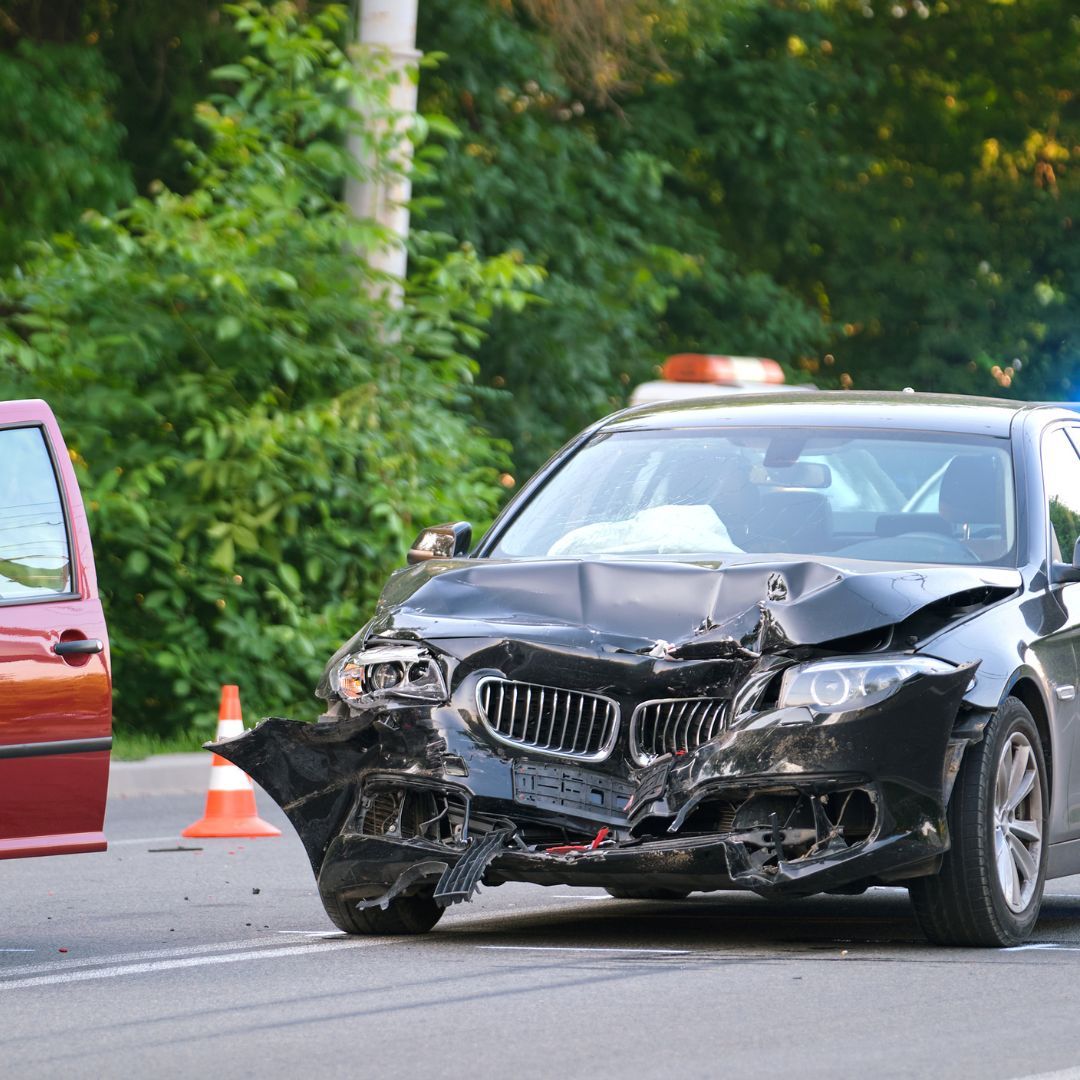What Happens When Your Subcontractor Causes an Accident in Ohio? Here’s How Insurance Can Protect You
See How We're Different
or call us: 216-600-2828
In the construction industry, accidents are a common occurrence. Despite the best safety measures, mishaps can occur and often, they can be caused by subcontractors. When such an incident happens in Ohio, it can lead to a complex situation involving legalities, liabilities, and insurance claims. This article will delve into the implications of such accidents and how insurance can be a safety net in these circumstances.
Understanding the Liability of Subcontractor Accidents
Before we delve into the role of insurance, it's crucial to understand the liability associated with subcontractor accidents. In Ohio, as in most states, the general contractor is typically held responsible for ensuring a safe work environment. This includes the actions of subcontractors. Therefore, if a subcontractor causes an accident, the general contractor could potentially be held liable.
However, the specifics of liability can vary based on the contract between the general contractor and the subcontractor, the nature of the accident, and the laws of the state. In some cases, the subcontractor might be held solely responsible, while in others, the liability might be shared. Therefore, it's essential to have a clear understanding of your contract and the state laws.
Contractual Liability
One of the key factors that determine liability in subcontractor accidents is the contract between the general contractor and the subcontractor. If the contract clearly states that the subcontractor is responsible for their own safety and any accidents caused, the general contractor might be absolved of liability.
However, even with such a clause, the general contractor could still be held partially responsible if they failed to ensure that the subcontractor was following safety regulations. Therefore, it's crucial to not only have a clear contract but also to enforce safety measures on the job site.
State Laws and Regulations
Ohio has specific laws and regulations regarding workplace safety and accidents. These laws can influence the liability in subcontractor accidents. For instance, if a subcontractor violates a safety regulation and causes an accident, they might be held solely responsible.
On the other hand, if the general contractor was aware of the violation and did nothing to correct it, they could also be held liable. Therefore, it's essential to be aware of and comply with all relevant state laws and regulations.
The Role of Insurance in Subcontractor Accidents
Insurance plays a crucial role in protecting both the general contractor and the subcontractor in the event of an accident. There are different types of insurance policies that can provide coverage in such situations.
These include general liability insurance, workers' compensation insurance, and subcontractor default insurance. Each of these policies provides different types of coverage and can protect you in different ways.
General Liability Insurance
General liability insurance is a must-have for any business, including general contractors. This insurance covers claims for bodily injuries and property damage that occur on the job site. If a subcontractor causes an accident that results in such damages, the general liability insurance can cover the costs.
However, it's important to note that general liability insurance does not cover the costs of injuries to the subcontractor's employees. For that, workers' compensation insurance is needed.
Workers' Compensation Insurance
Workers' compensation insurance covers the costs of injuries to employees on the job site. If a subcontractor's employee is injured in an accident, this insurance can cover their medical expenses and lost wages.
In Ohio, it's mandatory for all employers, including subcontractors, to have workers' compensation insurance. Therefore, if a subcontractor's employee is injured, their insurance should cover the costs. However, if the subcontractor does not have this insurance, the general contractor could potentially be held liable.
Subcontractor Default Insurance
Subcontractor default insurance is a specific type of insurance that protects the general contractor in case the subcontractor fails to complete their work or causes damages. This insurance can cover the costs of hiring a new subcontractor and repairing any damages caused by the defaulting subcontractor.
While this insurance does not directly cover accidents caused by subcontractors, it can provide financial protection in case such an accident leads to the subcontractor failing to complete their work.
Conclusion
Subcontractor accidents can lead to complex legal and financial situations. However, with a clear understanding of the liabilities and the right insurance policies, you can protect yourself and your business.
It's crucial to have a clear contract with your subcontractors, comply with all state laws and regulations, and have the right insurance coverage. By doing so, you can ensure that you're prepared for any accidents that might occur on the job site.












